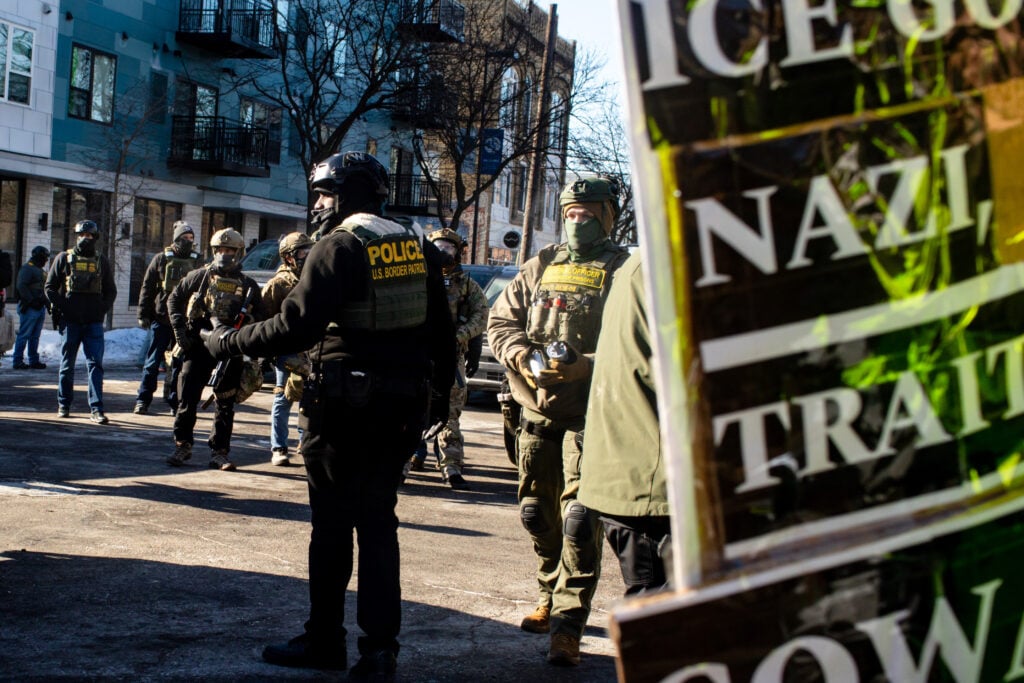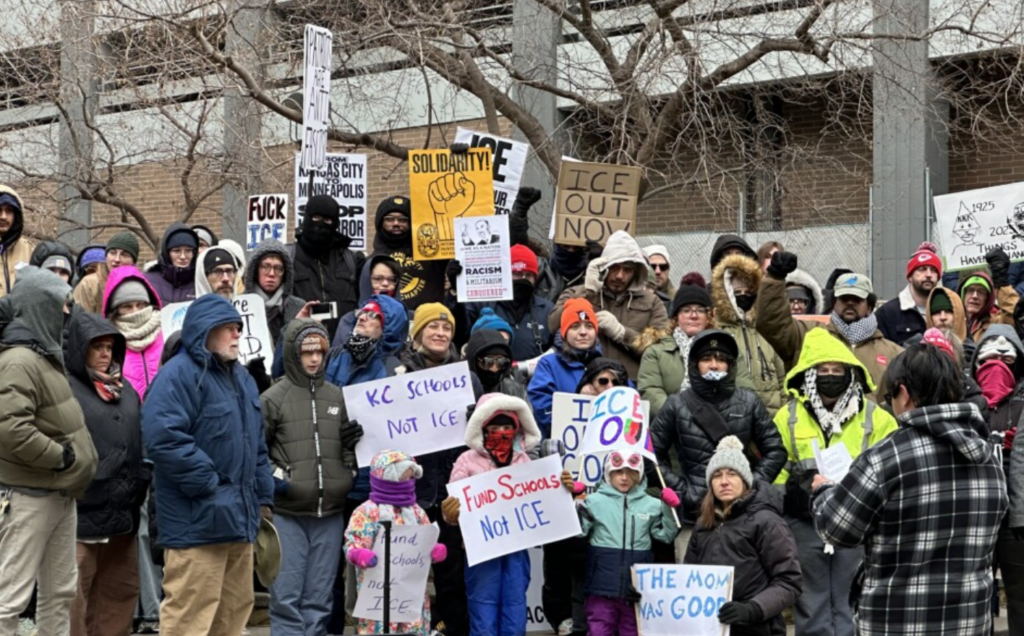The Actors Theatre of Kansas City loses nothing in Translations

Translations, the second show of a promising new season from the Actors Theatre of Kansas City, is the second rich, demanding drama from Irish playwright Brian Friel to hit town in recent months. The first, Faith Healer, was, for all its fine performances, like watching a book on tape. It had too little to tell us yet persisted in telling for hours. Translations, on the other hand, is a Broadway success that’s all theatrical life. Abuzz with language, crackling with ideas, crafted so that theme and story entwine inseparably, it’s as playful and powerful as Faith Healer was sleepy.
That’s especially true in the first act, where director Mark Robbins, with his customary insight and exactitude, introduces a large cast, swiftly bares each character’s heart and then, some 40 minutes in, arranges them all onstage at the same time for the first (and best) climax. Staged with remarkable clarity despite some bustle, the last moments of the first act are an emotional panorama: 10 characters, two cultures and a host of conflicting feelings, arranged so that we almost read the stage from left to right, our attention flowing where Friel means to draw it.
Here’s the setup. In 1833, adult residents of the Irish village of Baile Beag have gathered in a rough local school to study what schoolmaster Hugh (T. Max Graham, here an unsteady colossus of gas and pomposity) has always taught: math, geography, Greek, and Latin. Manus (Matthew Rapport), the schoolmaster’s son and assistant, yearns for both local gal Marie (Kate Gilchrist Langley) and a teaching job of his own. Troublemaker Doalty (Logan Ernstthal), who has been amusing himself by playing pranks on the British surveyors who have been measuring the local fields, wants respect from his teacher and from the colonialists. Marie just wants Hugh to teach her English — something practical.
The surveyors turn out to be royal engineers in full military dress. Their task: a new map of Ireland, one designed to facilitate taxation and Anglicize place names. When Captain Lancey (Michael Linsley Rapport), who speaks no Gaelic, explains this to the students of Baile Beag, he is translated by Owen (Nick Gehlfuss), the advantage-seeking brother of Manus. Owen omits the most damning details, but the students still receive the news with varying levels of alarm, and we’re treated to that remarkable climax, one in which action and ideas blend into each other.
Amusingly, the actors all speak English, but their characters do not. The English characters cannot understand the Irish characters, and vice versa, save for a few adept at crossing the cultural divide. Friel develops delicious ironies from this idea: There’s much debate in the play about bothering with Gaelic in an English world, but the very fact that the play isn’t in that language is a constant, grim punch line.
Friel’s story is Irish to its core, with hints of the Troubles and the famine to come, but the issues of language and culture resonate deeply in the here and now. Does modern life demand the abandonment of the old words? And does losing the old words mean the loss of the old worlds? We meet Lieutenant Yolland (Nathan Darrow), a moony Brit charged with Anglicizing the names of Irish towns and landmarks. Like us, he finds Ireland romantic, and he comes to despair over “standardizing” a place such as “Bun Na hAbhann” to “Burnfoot.” He exults in the place that his presence is destroying, and attempts, like any good gentrifier, to work his way out of this contradiction.
Darrow plays Yolland as a gentle, idealistic twerp. As in Little Dog Laughed and last summer’s Romeo and Juliet, he has a great time assailing the notion of a romantic lead even as he plays one. He does so capably here, with a willful stiffness and wit enough to recall that “romantic” means “fanciful, impractical, unrealistic” well before it does “dashing.”
Yolland’s romantic streak soon embroils him with Marie, earning him local enemies. Following a thoughtful, sometimes beautiful second act, the play shies increasingly from its story, with the final scenes preoccupied with myth and meaning rather than a clear resolution. At the end, the schoolmaster recites haltingly from The Aeniad, translating the Latin into Gaelic, telling how a conquered people will one day themselves be conquerors. The moment is well-played, but audiences who aren’t listening closely might find it a surprise.
Much of the cast operates at peak form. As a grimy, myth-obsessed drunk, Gary Holcombe is so convincing that I hope somebody is driving him home. Gehlfuss is brash and charismatic as the cynical Owen, Matthew Rapport makes meekness tender and Ernstthal is memorably belligerent. Langley plays the dreamer Marie with a touching, muted optimism that — this being an Irish play — can’t survive to final curtain. Marie and Darrow’s lieutenant fall for each other in a scene of cross-language confusion, each misunderstanding the other’s words but fully grasping the weight of feeling behind them. The complex shadings of her face reveal hope, fear, lust and an escape-from-Ireland pragmatism that cuts right to the show’s heart: The language that separates her from her lover is the language that she hopes might save her. It’s also the language that erases her home.




